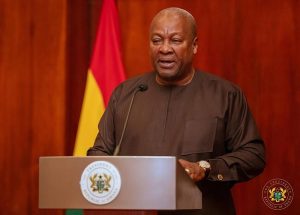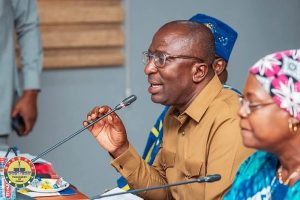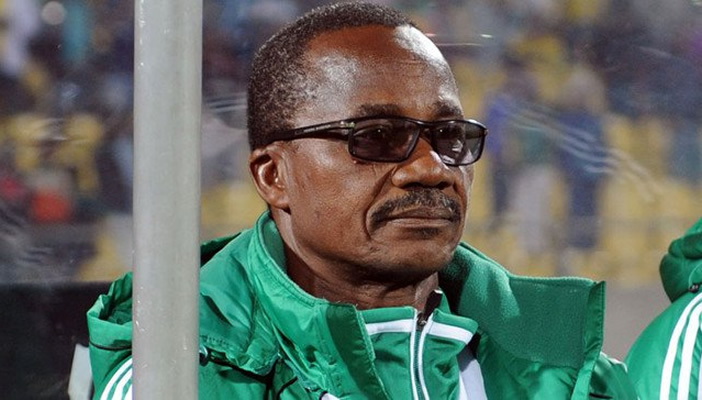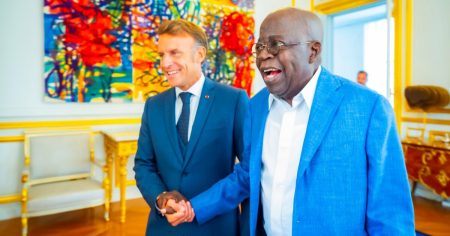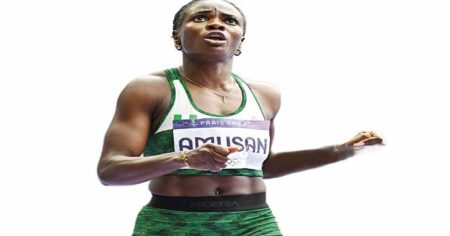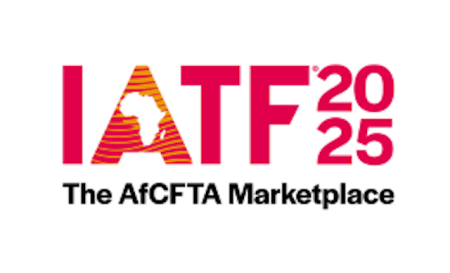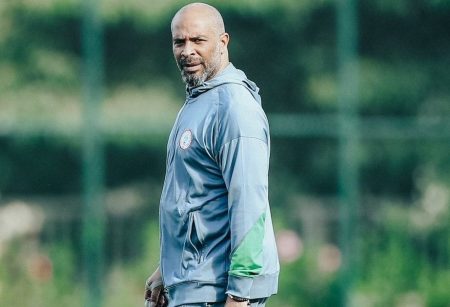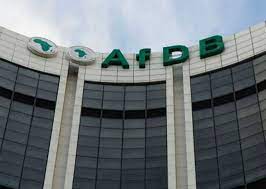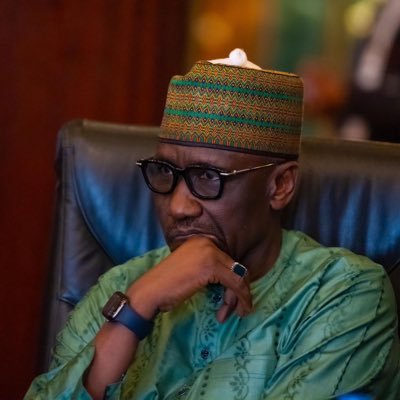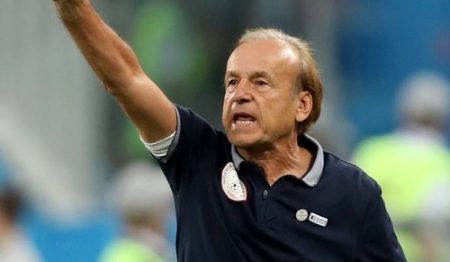Kadiri Ikhana, a cornerstone of Nigerian football history and a member of the triumphant 1980 Africa Cup of Nations team, is currently battling a grave illness at the Irrua Specialist Teaching Hospital in Auchi, Edo State. His condition, described as critical, necessitates immediate and intensive medical intervention, including blood transfusions, to preserve his life. This stark reality casts a harsh light on the often-overlooked plight of retired athletes in Nigeria, raising concerns about the adequacy of support systems for those who once brought immense pride to the nation.
Ikhana’s legacy is deeply interwoven with the golden era of Nigerian football. Nicknamed “Kawawa,” he was an indomitable force in the late 1970s and early 1980s, initially making his mark with the formidable Bendel Insurance FC, a club that reigned supreme in domestic competitions. His defensive prowess and leadership qualities soon propelled him to the national stage, earning him a coveted spot in the Green Eagles squad. Ikhana played a pivotal role in Nigeria’s historic 3-0 victory over Algeria in the 1980 AFCON final, a triumph that secured the country’s first continental title and etched his name into the annals of Nigerian football history.
Beyond his playing career, Ikhana’s influence extended to coaching, where he achieved remarkable success. His tactical brilliance and knack for nurturing young talent transformed several clubs into formidable forces, solidifying his reputation as one of the most accomplished coaches in Nigeria’s domestic league history. His dedication and contributions to the sport were recognized with the prestigious Member of the Order of the Niger (MON) award, a testament to his enduring impact on Nigerian football. Even after retiring from active coaching, Ikhana remained a prominent figure in the football community, serving as an ambassador for Air Peace and continuing to champion the sport he loved.
The news of Ikhana’s critical condition has sent shockwaves through the Nigerian football community, highlighting the precarious situation faced by many retired athletes. The financial burden of his medical care has been shouldered by Austin Braimoh, the immediate past Chairman of the South-South Police Service Commission, underscoring the need for more robust support structures for former players. The absence of comprehensive welfare packages and healthcare provisions for these national heroes has become a recurring theme, prompting calls for urgent action from stakeholders and former players alike.
The recent passing of former Super Eagles goalkeeper Peter Rufai at the age of 61, just two weeks prior to Ikhana’s hospitalization, further emphasizes the vulnerability of retired athletes. These instances of neglect paint a troubling picture of a system that seems to have forgotten the sacrifices and contributions of those who once brought glory to the nation. The growing concern within the football fraternity underscores the urgency of implementing meaningful changes to safeguard the well-being of retired players.
The case of Kadiri Ikhana serves as a poignant reminder of the debt owed to former athletes. It is a call to action for the Nigerian government, sporting bodies, and the broader community to establish comprehensive welfare programs that provide adequate healthcare, financial security, and support for retired players. These individuals dedicated their lives to representing their nation, and it is incumbent upon society to ensure that they are not left to face hardship and neglect in their later years. Their contributions deserve to be honored not just with accolades and memories, but with tangible support systems that ensure their well-being and dignity.



